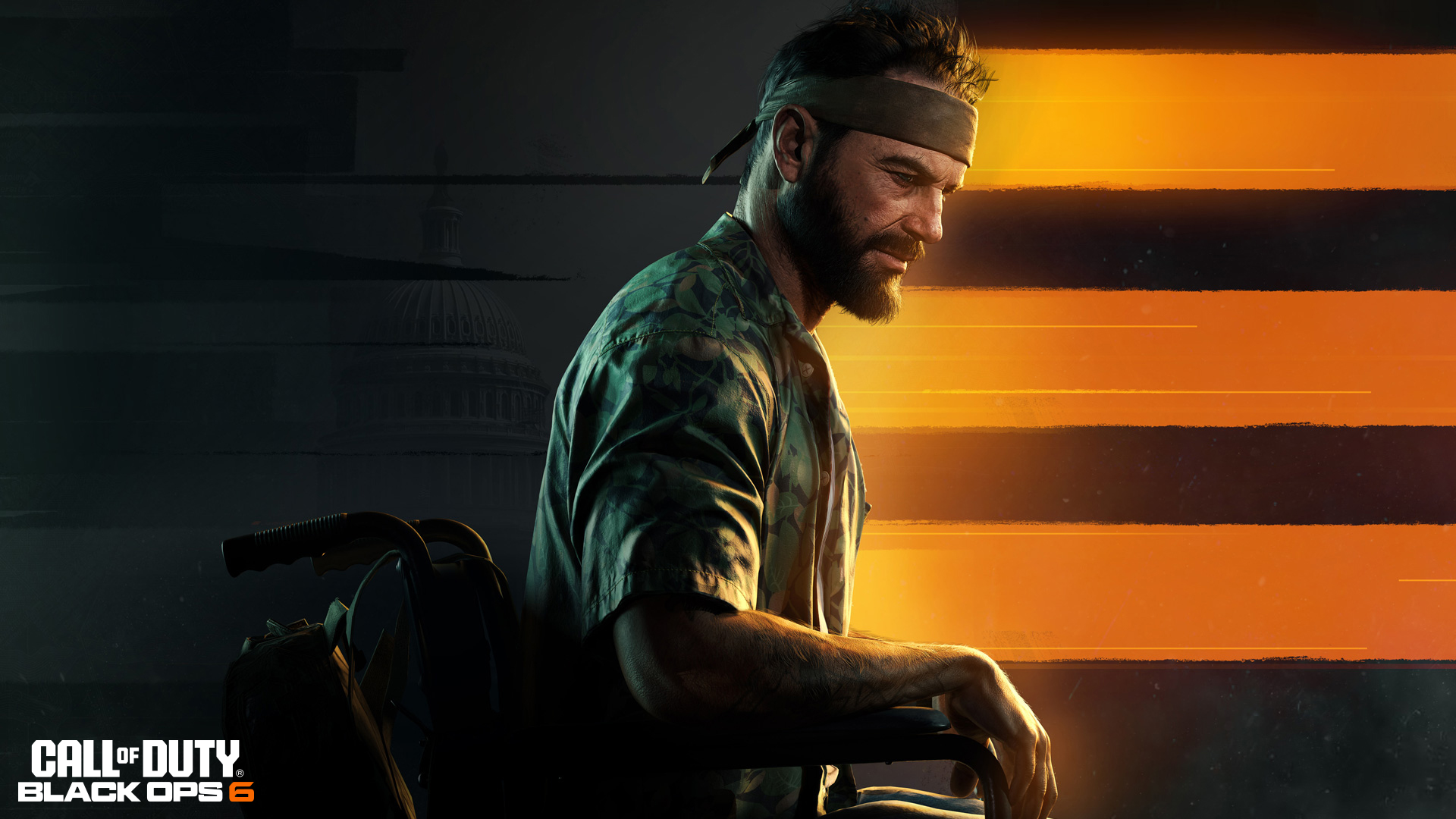
What a year.
I'll hardly be alone in saying that 2024 has been a lot, with some fantastic games and amazing news mixed in with the frustrating and the incompetent alike. We saw developers reach the heights of their craft, putting together wonderful experiences that'll help define this decade. We also also saw mass cuts, layoffs, and short-sighted moves, the true damage of which won't really be known for years to come.
With the holidays here, as I take some time off to read, paint my figurines, and maybe play a game or two, I wanted to look back and reflect on some of the biggest stories that have defined this year, reflecting seriously out of the ordinary situations, cautionary tales, trends, and even a bit of hope for the future.
Here are five of the most interesting stories that defined the gaming industry throughout 2024:
5. Black hole games have a vice grip on players' time
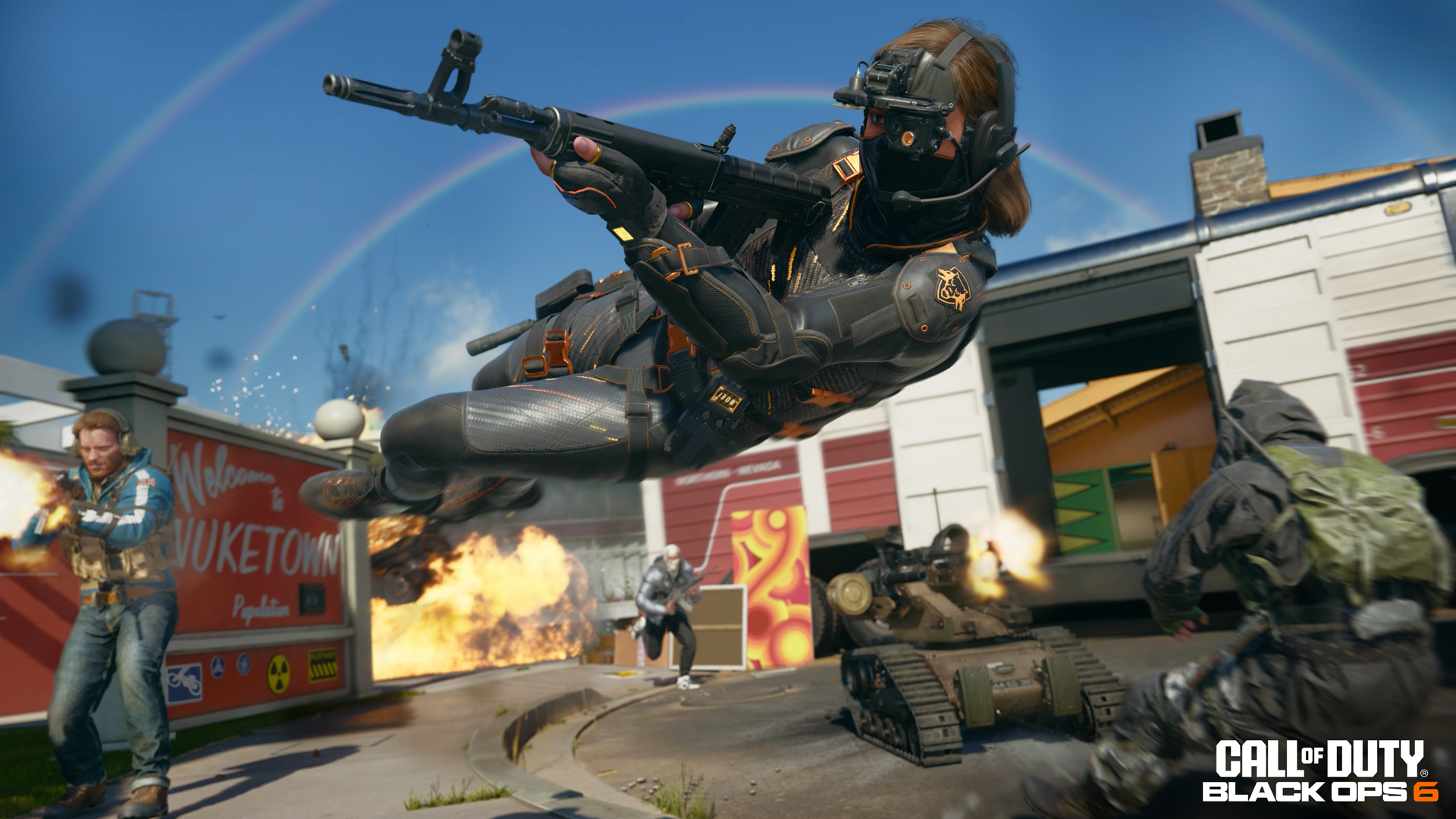
Mat Piscatella, executive director and analyst at Circana, frequently provides insight into the most-played games, tracking player engagement through charts he frequently publishes. Observing the platform charts week-after-week, month after month, I've seen something quite fascinating: the games on the charts don't move. Not really, anyway. Call of Duty, Grand Theft Auto, Minecraft...these "black hole" titles are sucking up the lion's share of the engagement, with little variation. A new game sometimes breaks in for a bit, only to disappear a week or two later.
That's not to say nothing new can succeed — NetEase Games' free-to-play hero shooter Marvel Rivals is off to a strong start, while PlayStation and Arrowhead Game Studios' Helldivers 2 is maintaining strong player interest following a recent update — but these live-service success stories are the exception, not the rule.
I honestly don't believe there's some golden path to getting through right now, but developers and publishers need to be aware of how player habits are evolving. It's increasingly hard for many games to charge $70 in the U.S. when most players would rather jump into free-to-play titles.
4. Xbox embraces multiplatform launches

Having finalized the gargantuan purchase of Activision Blizzard King, Microsoft kicked off 2024 by embracing a more multiplatform approach. The company launched four former Xbox console exclusives across PlayStation and Nintendo hardware, including Rare's Sea of Thieves. In 2025, a port of Indiana Jones and the Great Circle is slated to hit PlayStation 5, and the year will also see the multiplatform day one launch of titles like Obsidian's The Outer Worlds 2 and more.
Now, to be clear and fair, Microsoft has technically been a multiplatform publisher for a long time, shipping Minecraft across essentially every device under the sun. The company also committed to keeping Call of Duty everywhere as it was wooing regulators in order to buy Activision. Still, this is the same company that loudly pledged to keeping games like Bethesda's Starfield as Xbox exclusives.
There are obvious reasons for why this is happening (as Xbox becomes a bigger part of Microsoft, the latter is demanding larger margins), but I don't think we've seen the full picture play out just yet. The willingness to put more and more software on more and more platforms is a clear shift in tactics, and I'm curious how that will evolve in 2025 and beyond.
3. PlayStation's Concord launched, now it's like it never existed
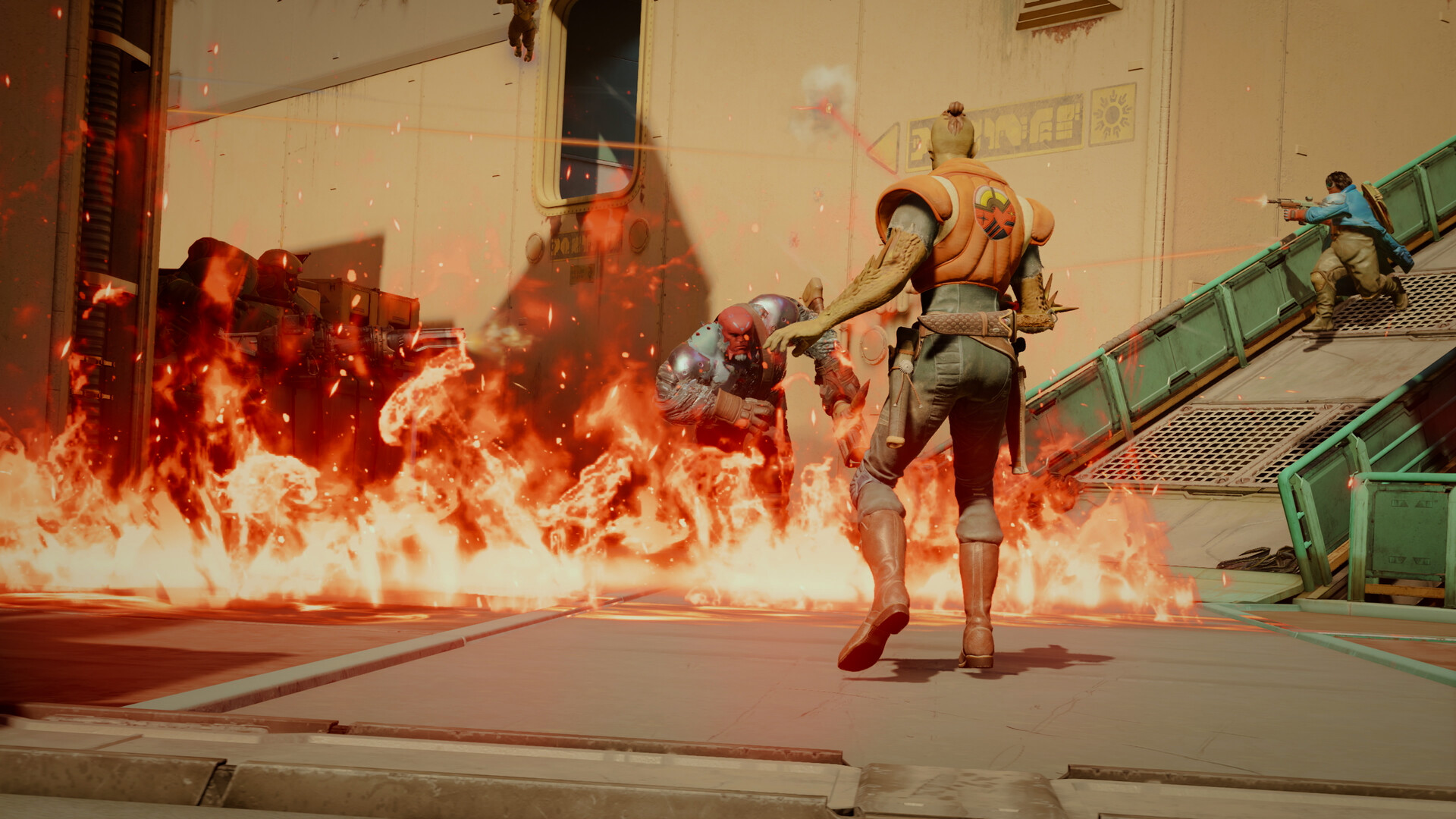
On August 23, 2024, PlayStation Studios released Concord, a PvP shooter developed by its recently-acquired Firewalk Studios, and one of many long-gestating live-service titles in the company's portfolio.
Exactly two weeks later, on September 6, the game was pulled from sale, and the servers were shut off. Then on October 29, Firewalk Studios was shut down.
I'm sorry to beat a dead horse, but this bears repeating. I've seen plenty of online-focused games get pulled months or years after launch, and plenty of games (multiplayer and single-player) have failed to find an audience, but I've never seen complete market rejection from an established, esteemed publisher like PlayStation and Concord. And I'm not sure I ever will again.
A thousand and one fingers can be (and have been) pointed at different aspects of why the game failed to resonate with audiences, but ultimately, I have to question how on earth this game made it through numerous internal checks, with executives and leadership signing off on something. With the studio closed, its only legacy is now an awkward Concord episode of Prime Video's Secret Level series.
Speaking of studio closures...
2. Layoffs and closures devastate the industry
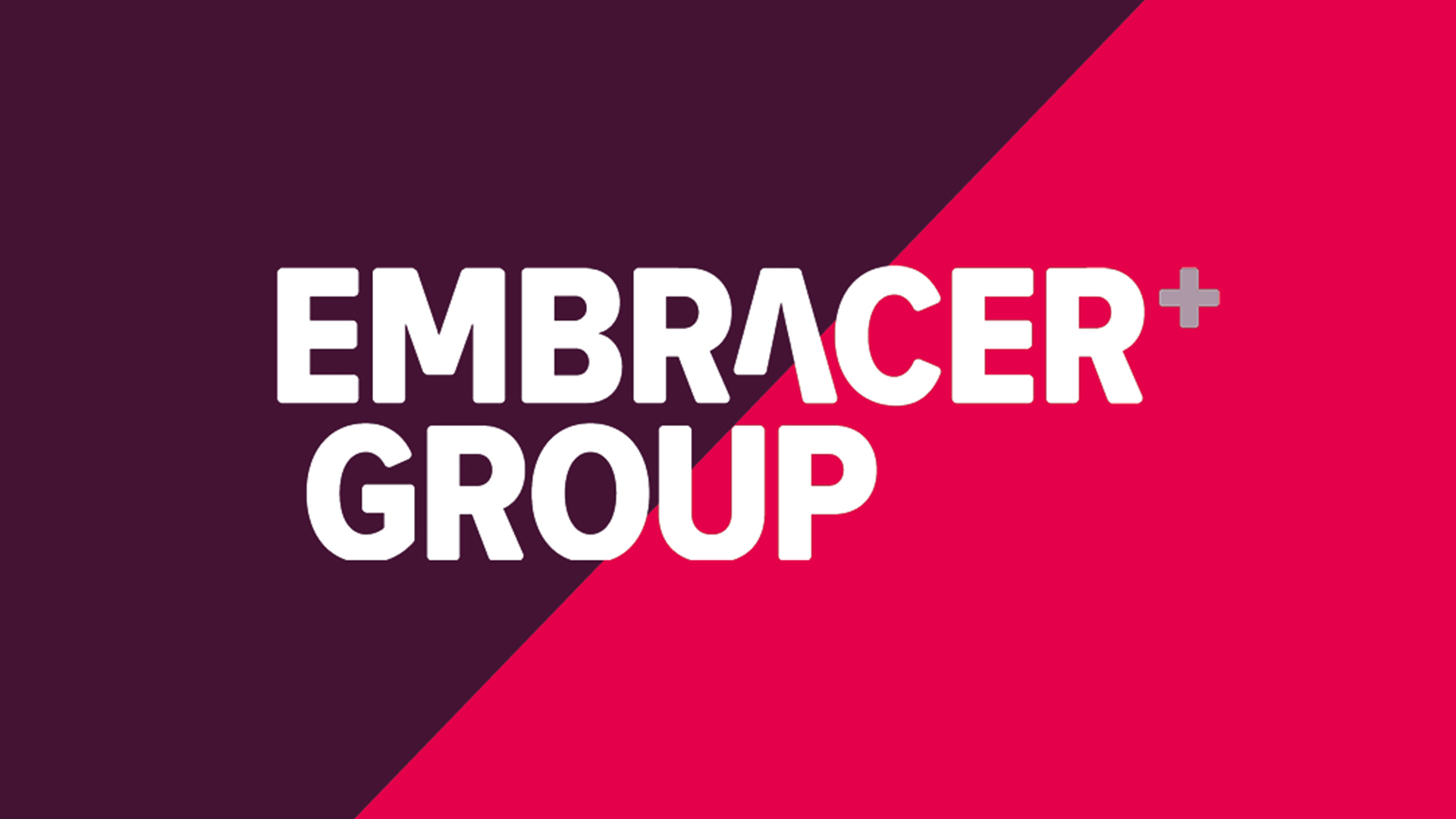
My god.
2023's layoffs were rough. 2024's defy description. Thousands upon thousands of workers across Microsoft, Sony, Embracer Group, Electronic Arts, Take-Two Interactive, Ubisoft, and many, many others were cut. Award-winning studios were closed left and right, and dozens of games have been canceled. The same excuses were thrown left and right, with well-compensated executives preaching the need for profitability and saying the news wouldn't be easy to hear.
I don't believe people will ever understand the sheer scale of the talent that's been lost, or the number of games that won't pan out in the coming years as a result. The gaps will be more obvious across some publishers than others, but at the end of the day, they all partook in the bloodletting.
Slowly but steadily though, workers are noticing...
1. The rise of unions
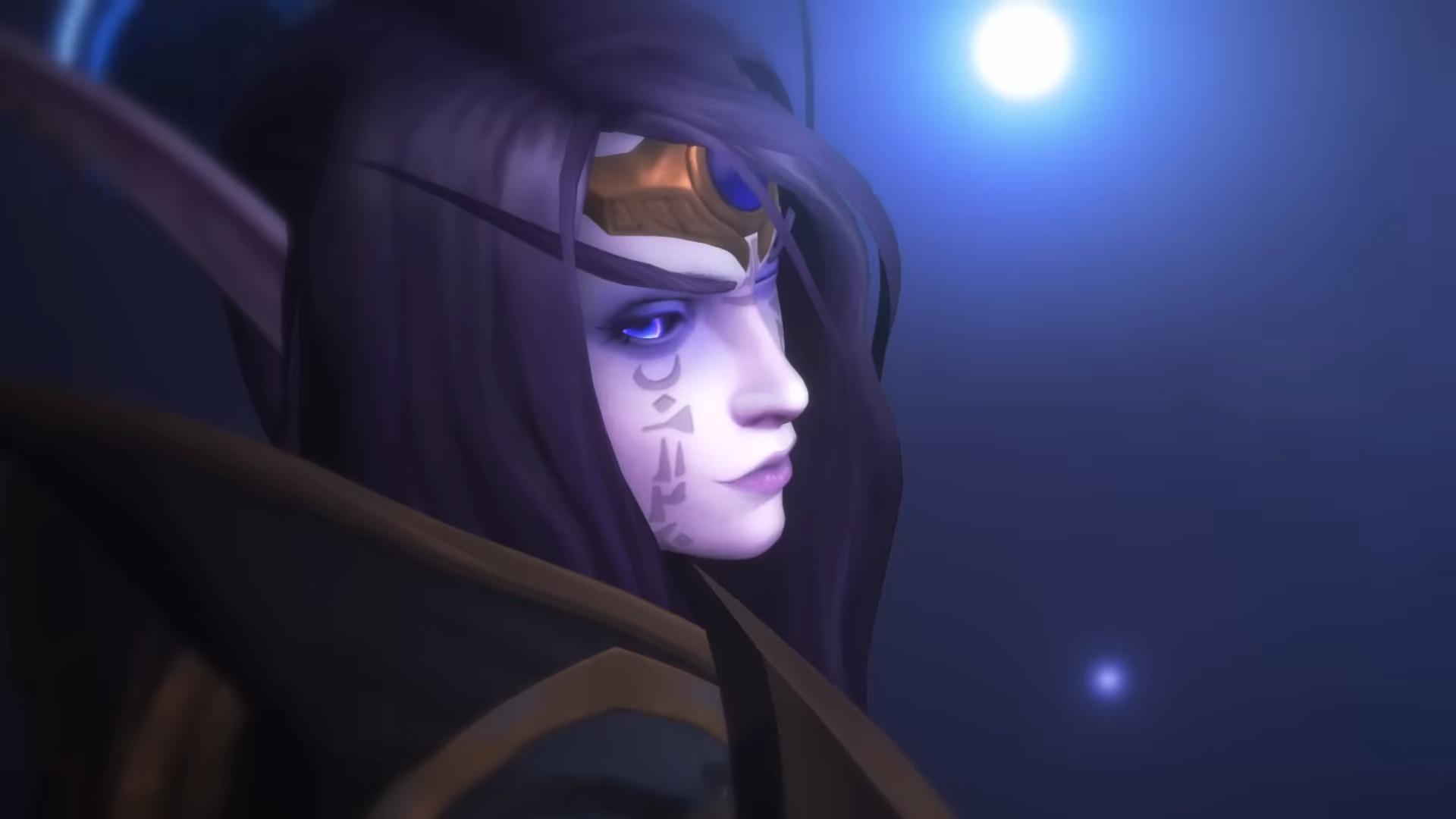
To try and end things out on a hopeful note, something else happened in a big way this year, as unions took hold in some of the largest, most-acclaimed game developers in the world.
Bethesda Game Studios, the makers of The Elder Scrolls, Fallout, and Starfield, formed a wall-to-wall union, as did the entire World of Warcraft development team at Blizzard Entertainment. Shortly before the year closed, ZeniMax Online Studios joined the fray.
Unions aren't an absolute guarantee that nothing will go wrong, and their success is dependent on the hard work of everyone involved. Still, in a year that has otherwise been a blood bath for game development, many of these unions represent hope, the idea that no team is immune to organizing and forcing its parent company to take issues seriously.
I've been thrilled to see these unions taking hold, and I'm truly hopeful the spread will continue in 2025.







